Moscow is becoming more inclusive, offering accessible Moscow travel options for travellers with disabilities, from wheelchair users to those with visual or hearing impairments. While challenges like uneven pavements and limited metro access persist, significant improvements in public transport, cultural sites, and hospitality make the city increasingly navigable. The Moscow CityPass enhances these experiences, providing Troika card metro access, discounts at select venues, and a digital guide for planning accessible routes. Therefore, this guide offers practical tips for travellers with disabilities to explore Moscow’s vibrant culture, cuisine, and history in 2025 with confidence.
Why Moscow Is Becoming More Accessible
Accessible Moscow travel is evolving, driven by city initiatives to create a barrier-free environment. Over 90% of buses and 70% of trolleybuses now have low floors and ramps, and major attractions like the Kremlin and Bolshoi Theatre offer wheelchair access. The Moscow CityPass simplifies navigation, covering metro trips to key stations and listing accessible venues like the Museum of Moscow. For instance, its app helps plan visits to sites with ramps or lifts, ensuring smoother experiences.
Because Moscow is still adapting, advance planning is crucial, but the city’s efforts make it a viable destination for travellers with disabilities. Thus, the pass is a valuable tool for seamless exploration, especially for first-time visitors.
Navigating Moscow's Public Transport
Moscow's public transport system is moderately accessible, with notable improvements for travellers with disabilities. Here’s how to navigate key options:
- Buses and TrolleybusesApproximately 90% of buses and 70% of trolleybuses are low-floor with ramps, marked by wheelchair icons. Drivers can assist, and wheelchair users ride free. Flag down buses to ensure ramp deployment. Use the pass’s Troika card for metro access to major bus stops like Tverskaya.
- Aeroexpress Trains: These connect Sheremetyevo, Domodedovo, and Vnukovo airports to city train stations in 30-45 minutes. All trains are wheelchair-accessible, with free assistance if booked in advance via airport websites (svo.aero, domodedovo.ru, vnukovo.ru).
- MetroThe Moscow Metro is challenging due to limited lift access and platform gaps up to 6 inches. Only some stations, like Park Pobedy, have lifts, and signs include Braille for visually impaired travellers. Avoid the metro if possible, opting for buses instead.
- Taxis: Invataxi (+7 495 580-60-64) offers wheelchair-accessible vans and English-speaking drivers, bookable online. The city’s social taxi service (zakaz.ssp@mosgortrans.ru) is another option for groups. The pass’s guide lists taxi contacts.
Tip: Contact transport providers 24-48 hours in advance to confirm accessibility. Load 500-700 RUB on the Troika card for seamless bus and tube travel.
Accessible Attractions and Cultural Sites
Moscow's major attractions are increasingly equipped for accessible Moscow travel, though some historic sites have limitations. Here are top picks:
- Kremlin and Red SquareWheelchair users can access Red Square’s cobblestone paths and parts of the Kremlin, but many internal buildings lack ramps. Book guided tours via the pass’s app for assistance. Visually impaired travellers can request tactile guides. A 2-3 hour visit is ideal.
- Великий театр: Fully accessible with spaces for six wheelchairs at the Historic Stage and two at the New Stage. Book tickets early through your hotel concierge, as English support is limited. Audio descriptions are available for some performances. Plan a 2-3 hour visit.
- Gorky ParkThis 300-acre park is wheelchair-friendly post-2011 renovation, with smooth paths, ramps, and accessible restrooms. Enjoy cafes and river views, using pass discounts at food stalls. A 2-hour visit pairs well with the pass-covered Garage Museum.
- Museum of Moscow: Equipped with ramps and lifts, this museum offers wheelchair access and tactile exhibits for visually impaired visitors. Use pass discounts for entry, reachable via Park Kultury tube and bus. Spend 1-2 hours exploring.
Tip: Call venues 48 hours in advance to confirm accessibility (e.g., ramps, lifts). Use the pass’s guide to find English-speaking staff or audio guides.
Accessible Dining Experiences
Moscow's culinary scene offers accessible Moscow travel options, especially in modern venues and markets. Key spots include:
- Столовая No. 57 (GUM)This Soviet-style canteen in Red Square is wheelchair-accessible with wide entrances and level floors. Savour borscht or pelmeni, using 10-15% pass discounts. Reachable via Okhotny Ryad metro, it’s ideal for a 1-hour lunch.
- Danilovsky Market: This food hall has smooth paths and accessible stalls offering khachapuri and plov. Use pass discounts at nearby cafes, and reach it via Tulskaya tube and bus. A 1-2 hour visit suits foodies.
- Large Shopping CentresMalls like Metropolis or Aviapark meet accessibility standards, with ramps, lifts, and accessible cafés. Enjoy diverse cuisines, from Russian to Asian, with level access. Use the pass’s Troika card for tube to TsSKA (Metropolis).
Tip: Request tables near entrances for easier access, and use a translation app for Russian-only menus. Carry cash for market stalls.
Accessible Accommodation
Modern Moscow hotels cater to accessible Moscow travel, offering rooms designed for travellers with disabilities. Recommendations include:
- Radisson Royal Hotel (Ukraina): Located on the Moskva River, it offers spacious rooms with roll-in showers, grab rails, and wide corridors. Book accessible airport transfers via the pass’s guide. Reachable via Kievskaya metro and bus.
- Hilton Moscow Leningradskaya: Near Komsomolskaya metro station, it offers rooms with wheelchair access and parking near entrances. Staff can organise Invataxi services. Use pass discounts for nearby restaurants.
- General Tips: Confirm room features (e.g., roll-in showers, low beds) when booking. Request ground-floor rooms if lifts are limited. Contact hotels via access-travel.com for accessibility details.
Tip: Email hotels 1-2 weeks in advance to verify accommodations and request assistance for check-in or transfers.
Practical Tips for Accessible Travel
To ensure a smooth accessible Moscow travel experience, follow these strategies:
- Плануйте наперед: Use the Moscow CityPass (russiacitypass.com) to buy a 1-5 day pass, leveraging its digital guide for accessible venue lists and transport routes. Book tours, tickets, and transport 48 hours in advance via phone or websites like invataxi.ru.
- Transport Prep: Load 500-700 RUB on the Troika card for buses and tube. Request Aeroexpress assistance at least 24 hours before flights (svo.aero). Carry a printed itinerary with taxi and venue contacts.
- Accessibility Tools: Download translation apps like Google Translate for Russian signs and menus. Carry an accessibility card to communicate needs (e.g. wheelchair access, visual aids). Wear a Hidden Disabilities Sunflower lanyard for non-visible disabilities at airports.
- Health and Safety: Consult your doctor 6-8 weeks before travel to ensure medical suitability. Carry extra medications in carry-on luggage and a medical statement for emergencies. Research clinics like EMC Moscow (+7 495 933-66-55) for accessible care.
- Cultural Sites: Contact museums like the Museum of Moscow (+7 495 739-00-08) in advance for ramps or tactile tours. Avoid peak hours (12-3 PM) to avoid the worst of the crowds.
- Weather and GearSpring (May-June) offers mild weather for smoother mobility. Pack lightweight layers and sturdy wheelchair tyres for uneven pavements. Bring a portable sling for transfers if needed.
Additional Resources: Connect with accessible travel agencies like Accessible Journeys (disabilitytravel.com) or Invataxi for tailored tours. Check wheelchairtravel.org for Moscow-specific guides and forums.
Addressing Common Challenges
While Moscow is improving, challenges remain:
- Uneven PavementsCentral Moscow's pavements are wheelchair accessible, but outer areas may have cracks or kerbs. Stick to main streets like Tverskaya, and use Invataxi for longer routes.
- Metro Limitations: The Tube's gaps and lack of lifts make buses a better choice. Plan routes via mosmetro.ru for lift-equipped stations.
- Language Barriers: My English isn't great, so I'll use translation apps and carry a Russian phrasebook with disability-related terms (e.g., “wheelchair lift”).
- Historic Sites: Some museums have steps at entrances. Ring ahead to confirm ramps or alternative entries, and use the pass’s guide for accessible alternatives like Gorky Park.
TipJoin online forums like accessibleGO’s community to share tips with other disabled travellers. If accessibility is denied, politely assert your needs or contact your embassy.
Conclusion: Explore Moscow with Confidence
Accessible Moscow travel in 2025 is increasingly achievable, with wheelchair-friendly buses, cultural sites like the Bolshoi, and modern hotels paving the way. The Moscow CityPass streamlines your journey, offering transport access, discounts, and curated guides to ensure inclusivity. Whether savouring borscht at Stolovaya No. 57 or exploring Red Square, Moscow welcomes travellers with disabilities with growing hospitality. Therefore, grab your Moscow CityPass, plan strategically, and embark on an inclusive adventure in Russia’s capital.

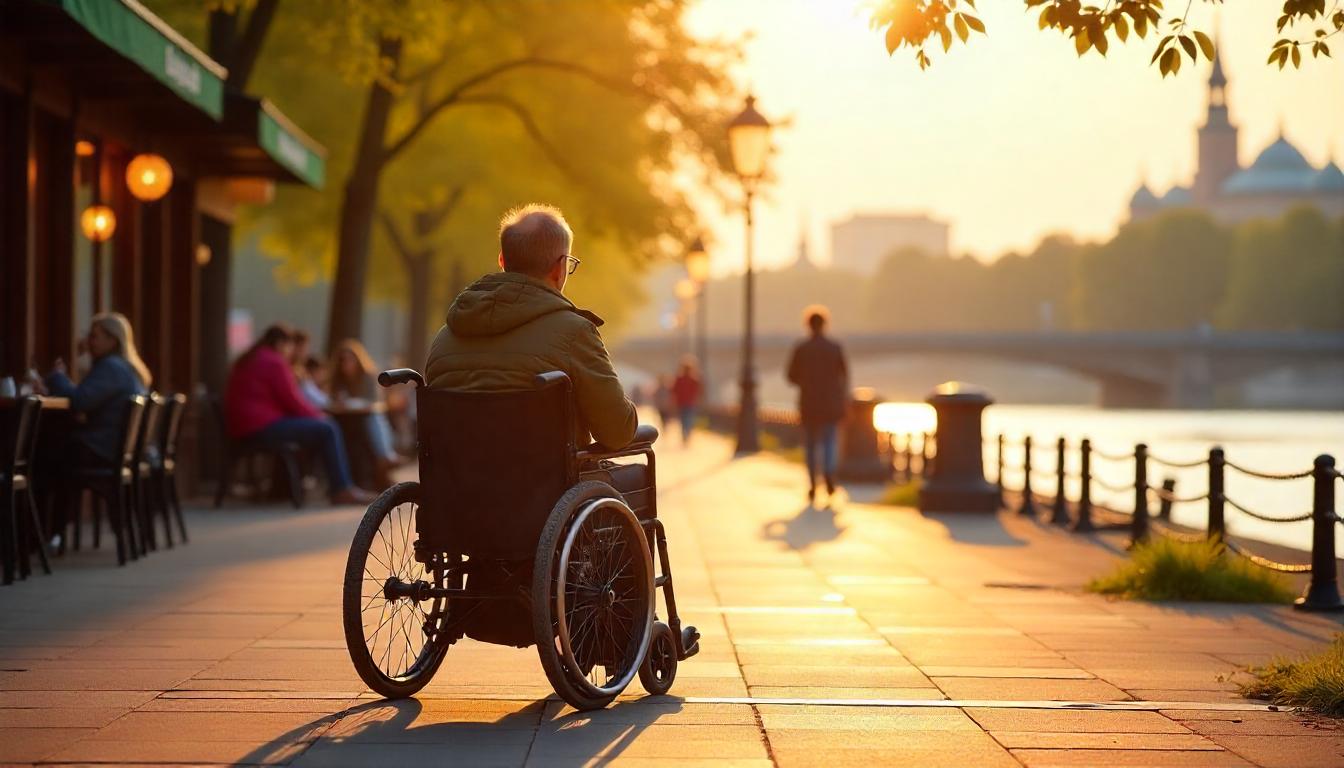 Accessible Moscow: Tips for Travellers with Disabilities in 2025">
Accessible Moscow: Tips for Travellers with Disabilities in 2025">

 Exploring Moscow's Parks and Outdoor Spaces in 2025">
Exploring Moscow's Parks and Outdoor Spaces in 2025">
 Family-Friendly Activities in Moscow for All Ages in 2025">
Family-Friendly Activities in Moscow for All Ages in 2025">
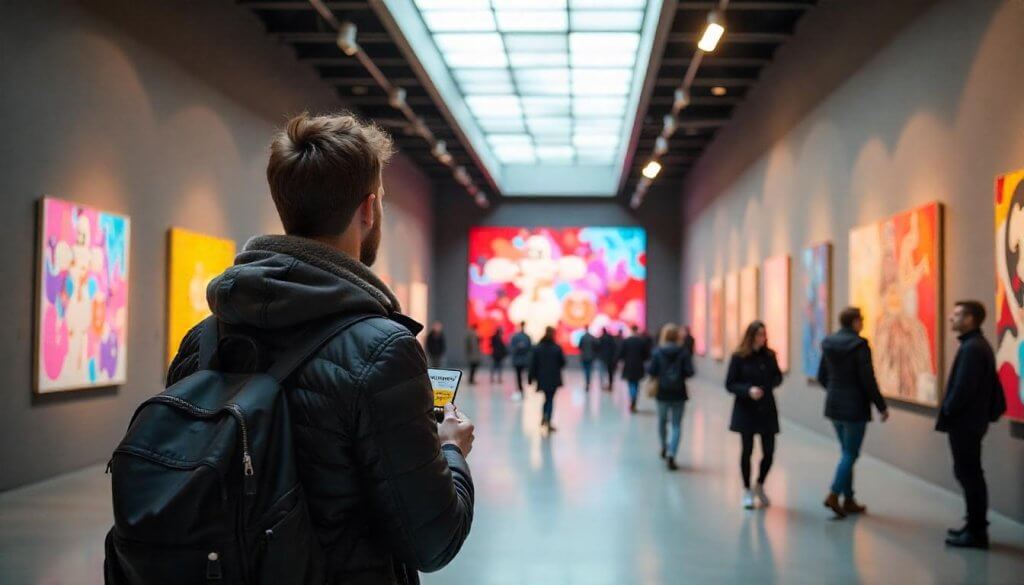 A Guide to Moscow's Contemporary Art Galleries in 2025">
A Guide to Moscow's Contemporary Art Galleries in 2025">
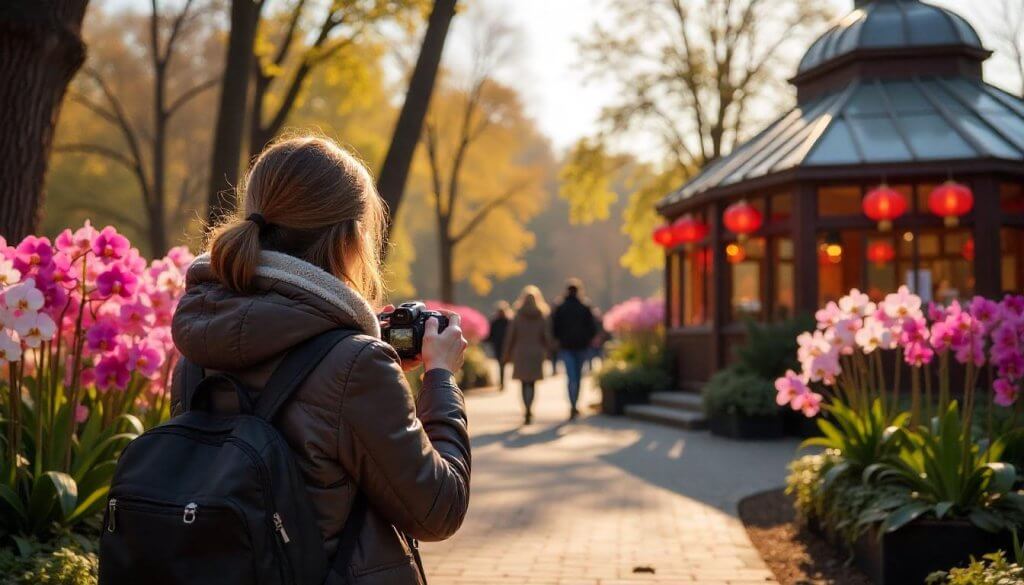 Hidden Gems in Moscow: Attractions Beyond the Tourist Trail in 2025">
Hidden Gems in Moscow: Attractions Beyond the Tourist Trail in 2025">
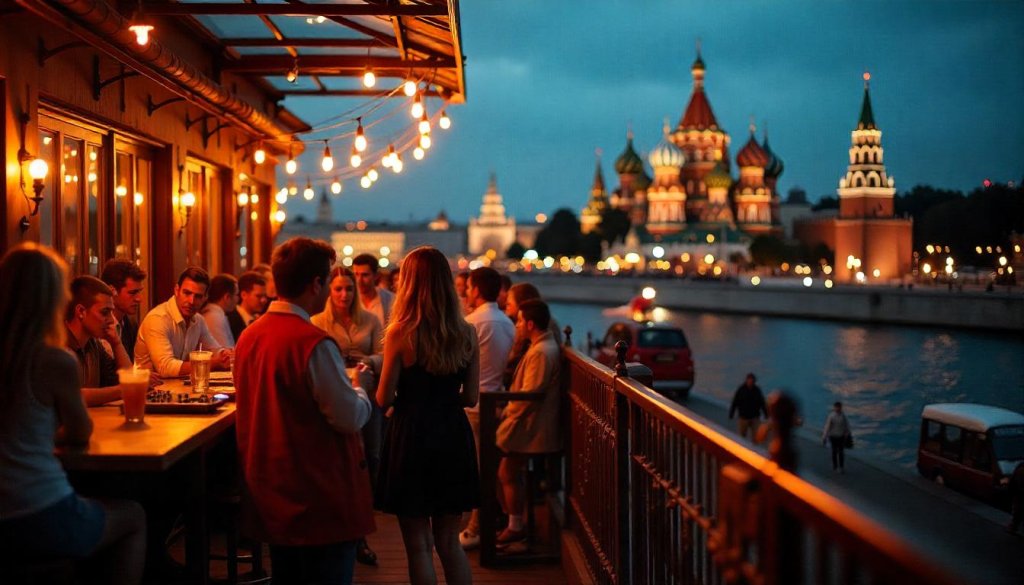 Nightlife in Moscow: Pubs, Clubs, and Evening Entertainment">
Nightlife in Moscow: Pubs, Clubs, and Evening Entertainment">
 Moscow for Food Lovers: Culinary Experiences and Local Cuisine in 2025">
Moscow for Food Lovers: Culinary Experiences and Local Cuisine in 2025">
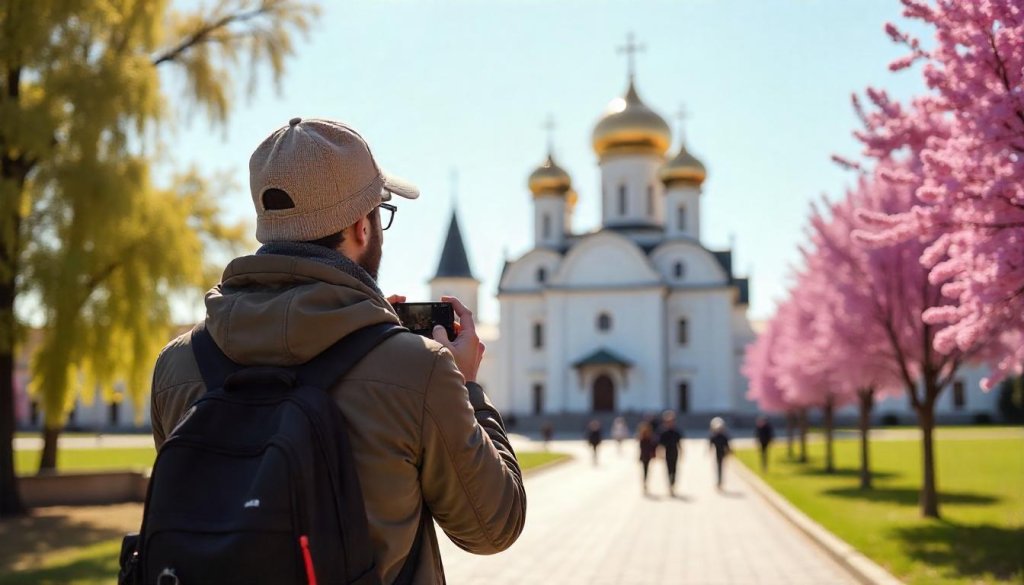 Day Trips from Moscow: Excursions Outside the City in 2025">
Day Trips from Moscow: Excursions Outside the City in 2025">
 Seasonal Events and Festivals in Moscow: What Not to Miss in 2025">
Seasonal Events and Festivals in Moscow: What Not to Miss in 2025">
 How to Experience Moscow Like a Local: Neighbourhoods and Markets in 2025">
How to Experience Moscow Like a Local: Neighbourhoods and Markets in 2025">
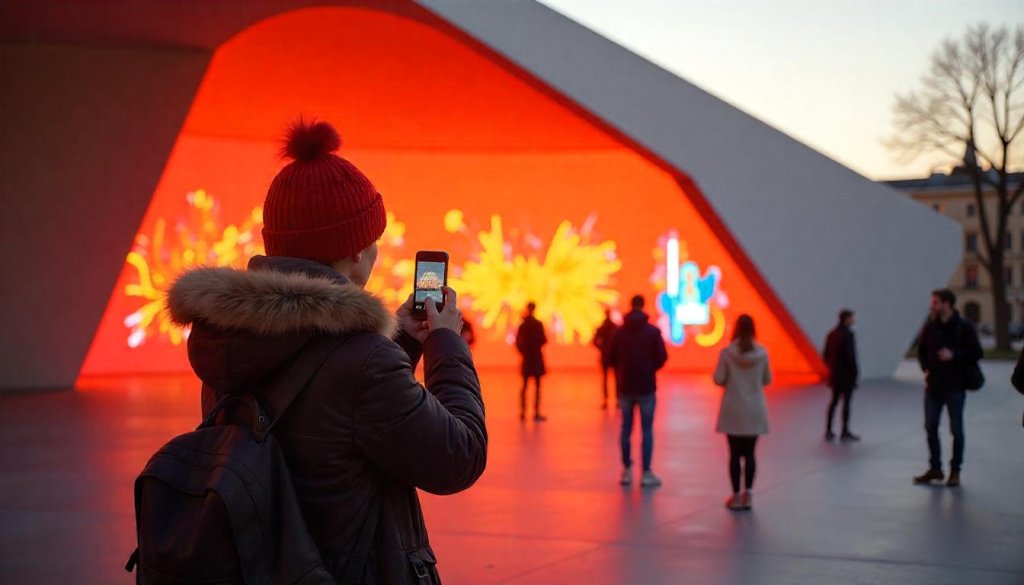 Exploring Moscow's Contemporary Art Scene in 2025">
Exploring Moscow's Contemporary Art Scene in 2025">